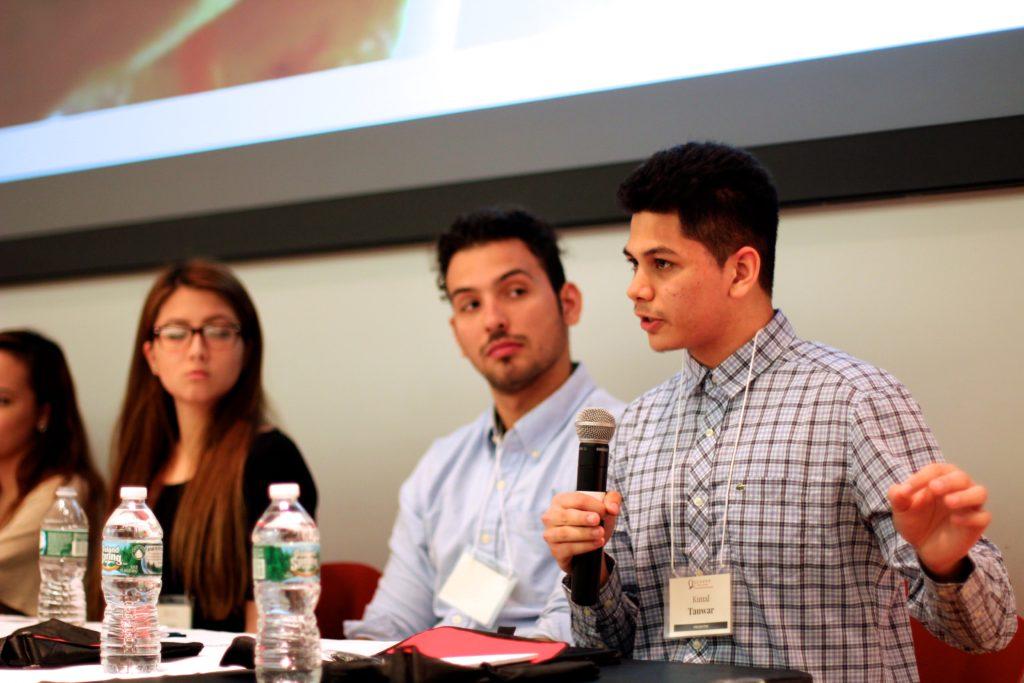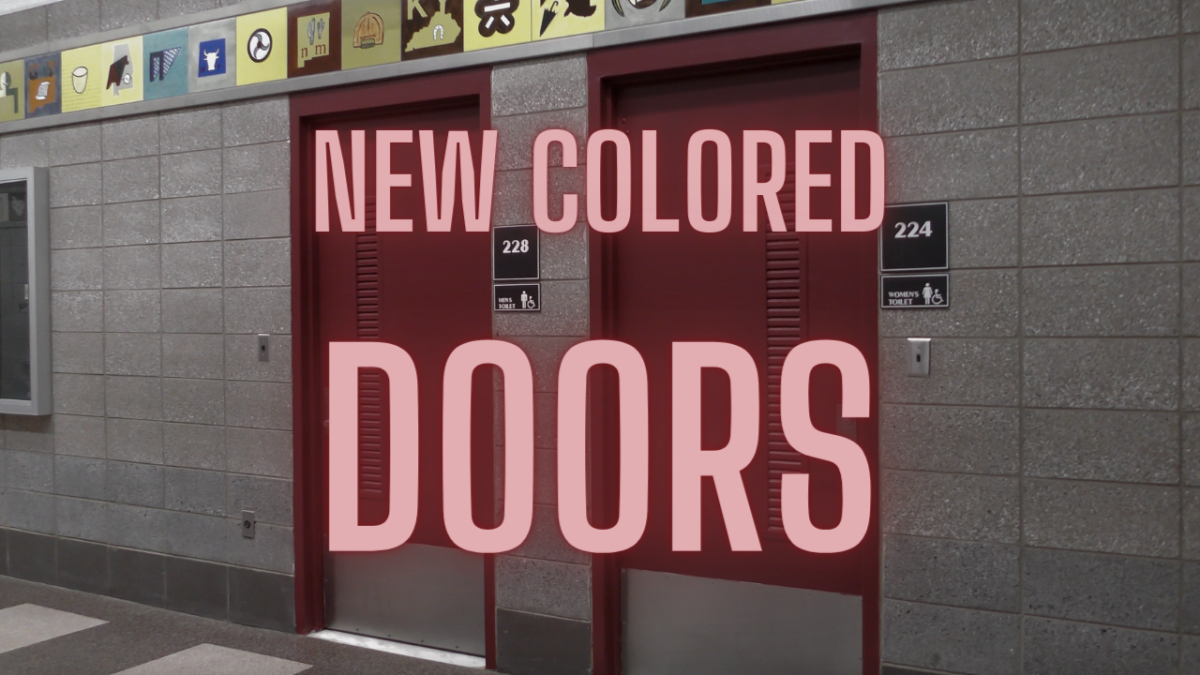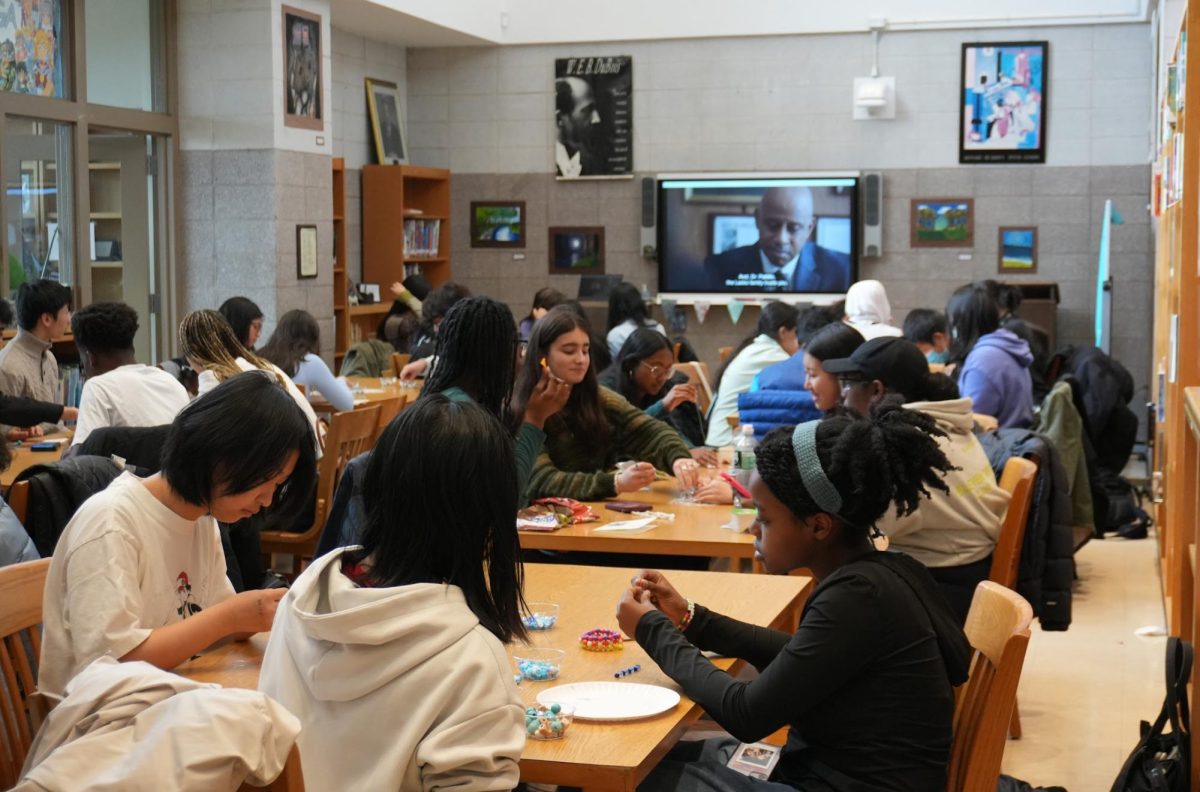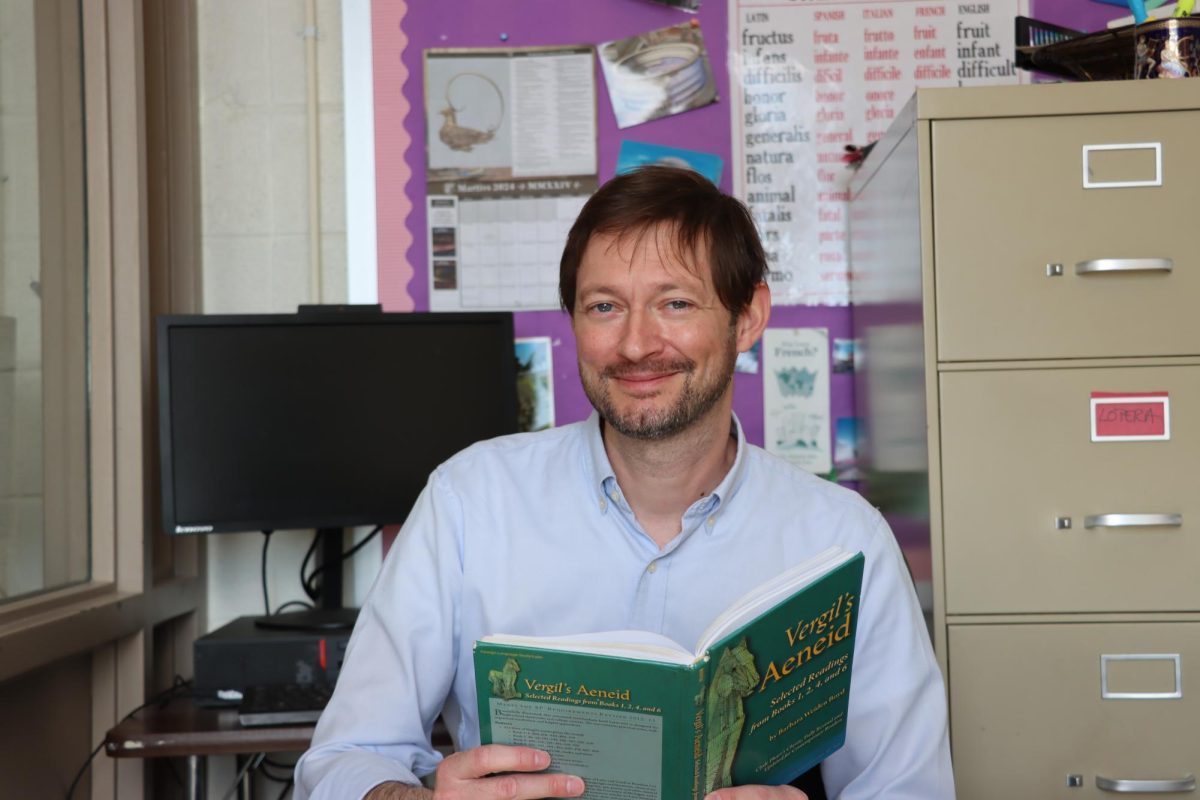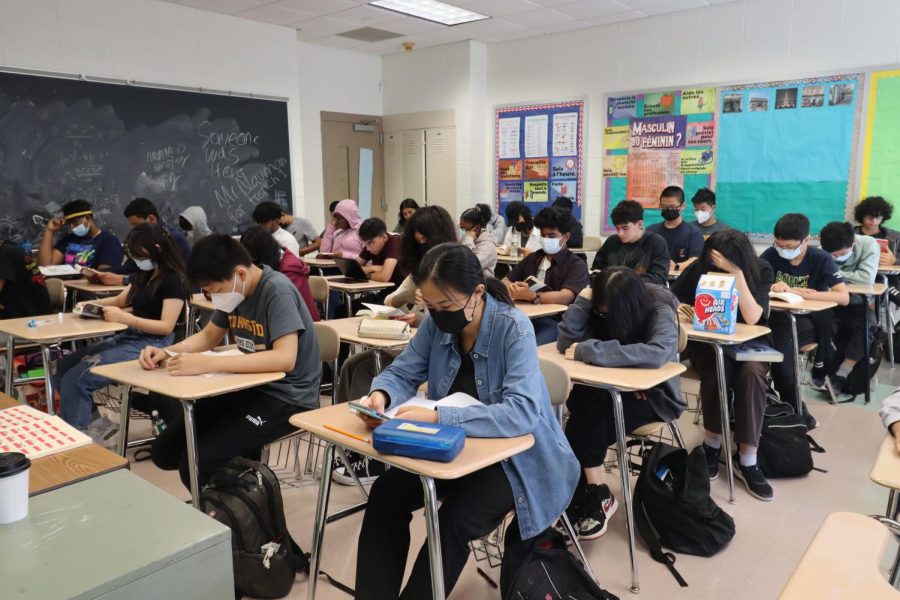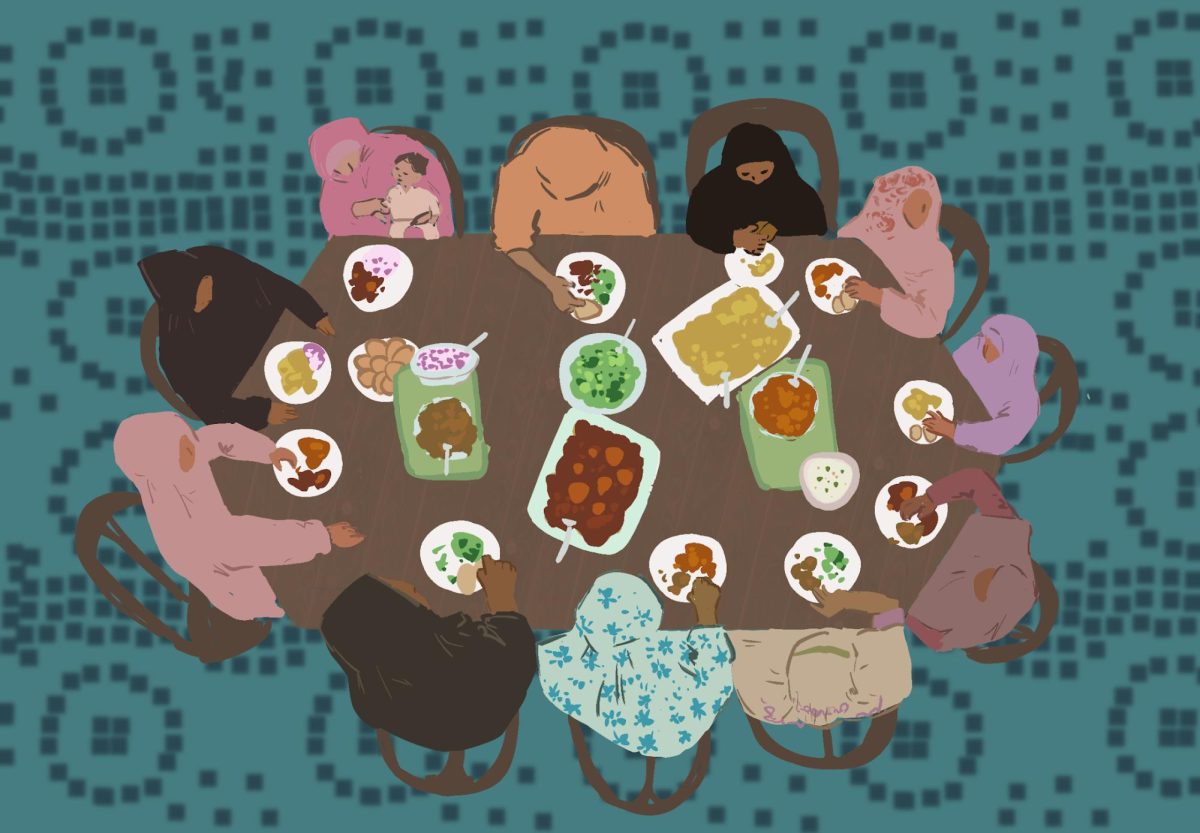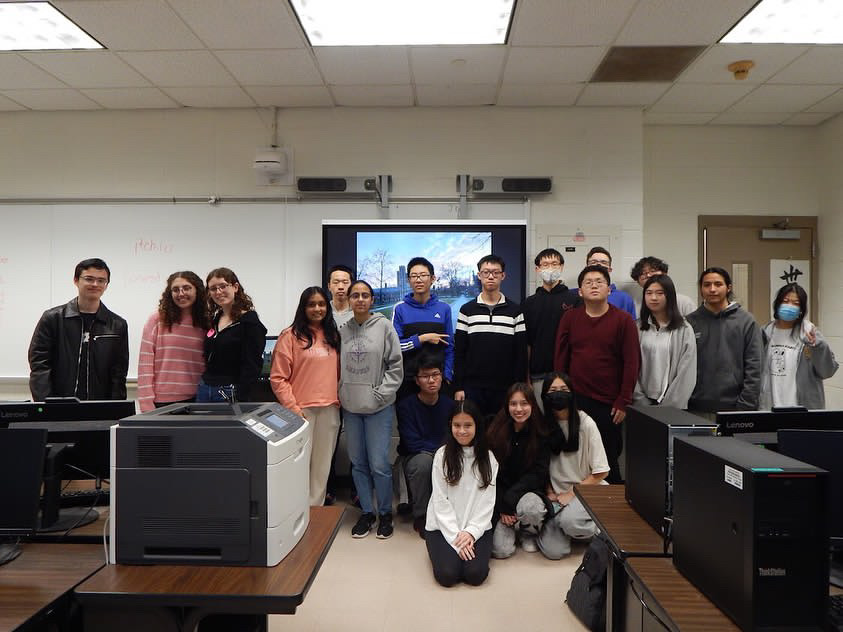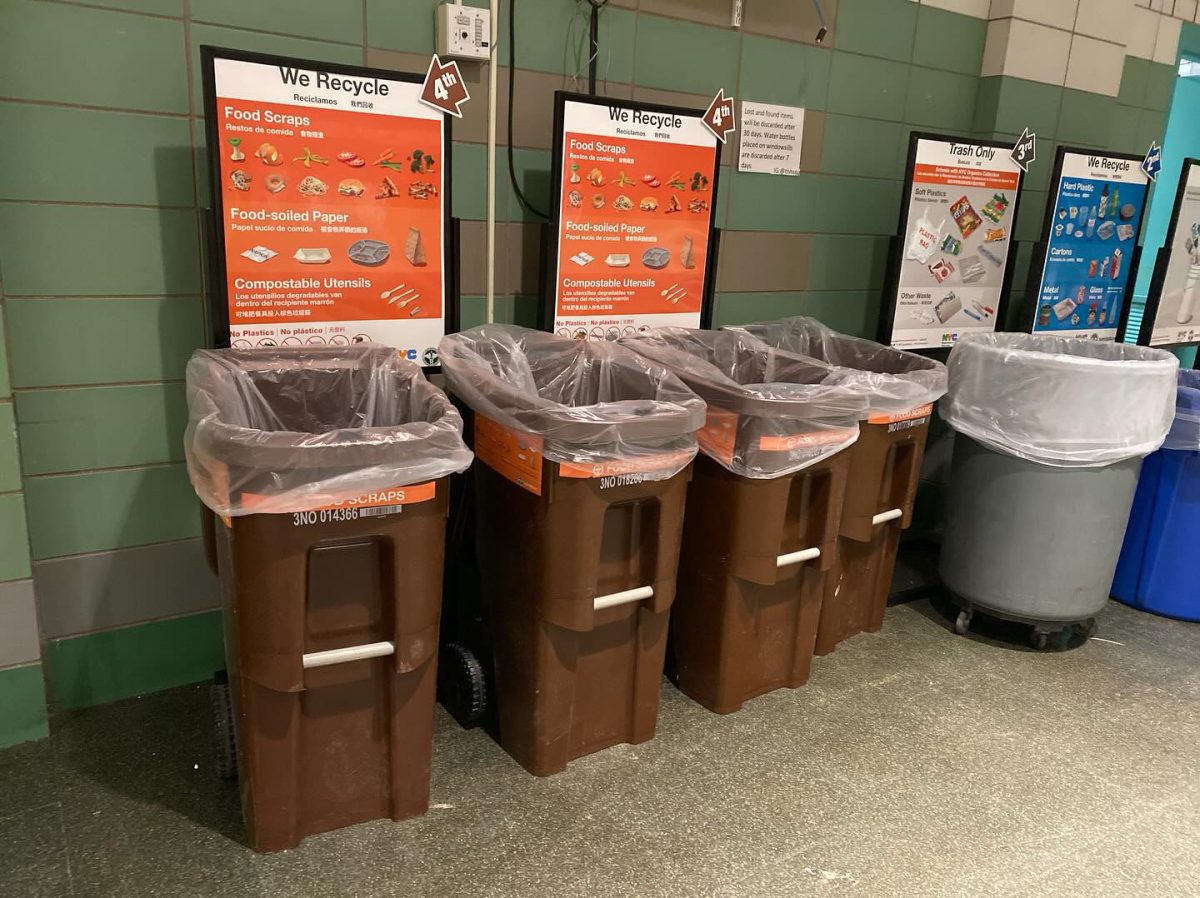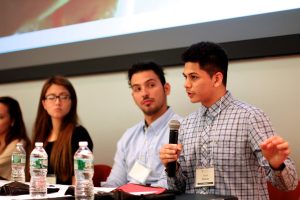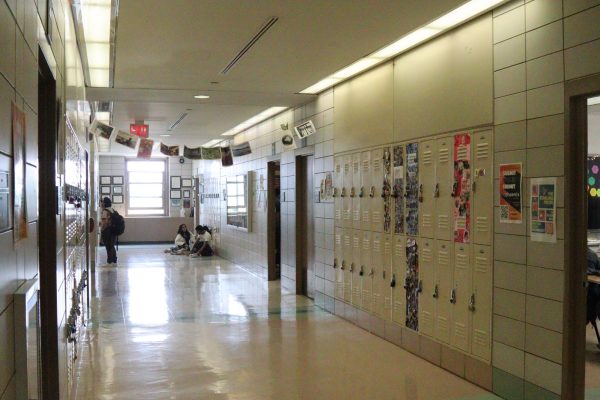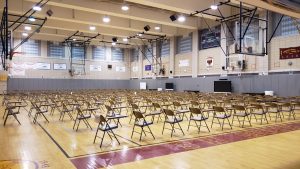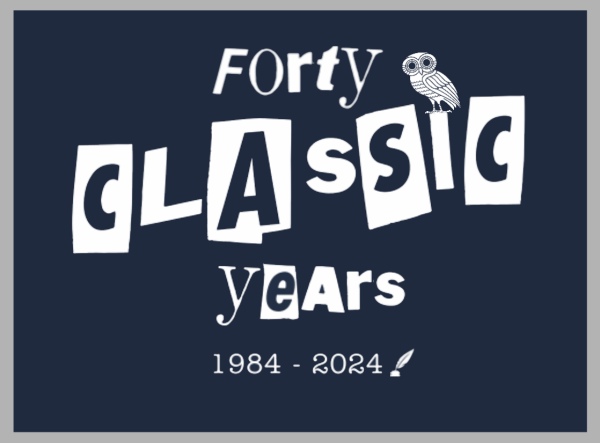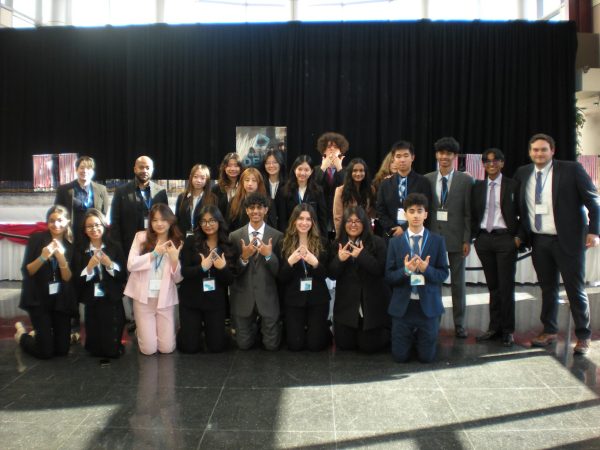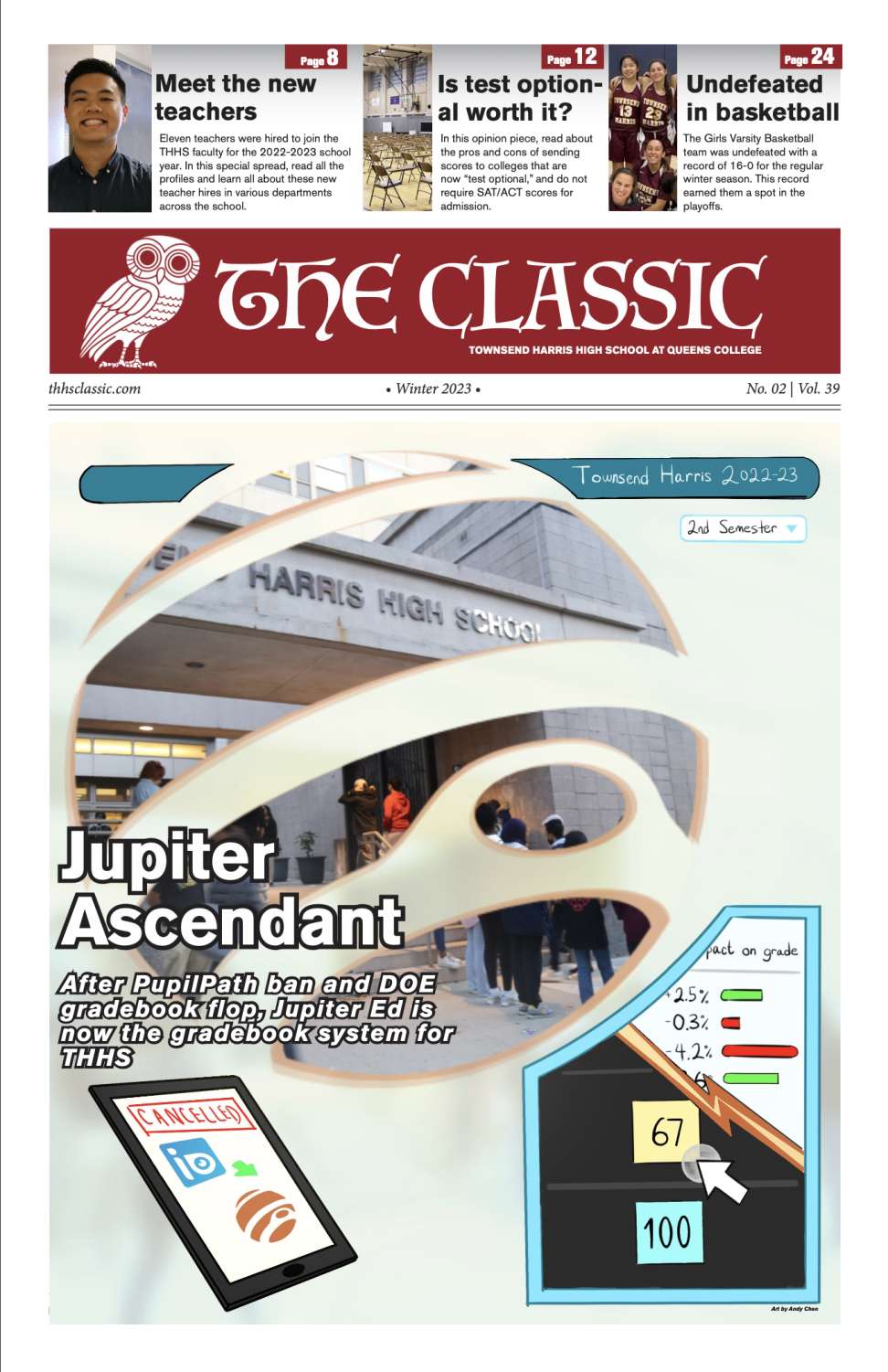Calculus placement exam postponed indefinitely, replaced by interest form

Before the COVID-19 pandemic, students looking to take AP Calculus only had to indicate so on their course preferences on Naviance. This changed once the pandemic hit, introducing the calculus placement exam for juniors enrolled in Introduction to Calculus classes.
Introduction to Calculus is an accelerated course that spends the fall semester learning pre-calculus and the spring semester learning the basics of regular calculus. Only the material from the second semester is tested for enrollment. Based on their performance on the placement exam, students would be placed in a class that reflects their potential amongst the three levels of calculus offered in school in order from least to most advanced: Honors Calculus, AP Calculus AB, and AP Calculus BC.
The placement exam this year was scheduled for May 19, but an email sent to students the day prior informed them that it had been postponed until further notice. When asked about his choice to make this decision, Principal Brian Condon said that he is “fundamentally against placement exams.” He said, “We tell you all that if you take the [proper] courses, then you will be prepared for calculus in your senior year… if you have passed those courses and those previous Regents exams, then you should have access to [all three levels of] calculus…If the path [of preparation] that we have laid out for you is legitimate, and if the grades we give are legitimate, then why [should you] need additional qualifications to take BC Calculus?”
Along with his general opposition to placement exams, Mr. Condon said he “did not think it was optimal timing,” adding that he heard that it was a lot of extra stress in the midst of AP season.
Mr. Condon said that he is “definitely canceling it as a ‘placement exam’ [in that] it is no longer going to be used for placement.”
Mr. Condon also said, “The word ‘placement exam’ is exclusionary and exclusive. I was told it was a diagnostic, but it’s not. Placement exams are not diagnostics because a diagnostic is meant to figure out where you are weak, where you need support, where your capacity or preparedness is lower, so [teachers] can change what [they’re] teaching [to better prepare] you for something, but that’s not how [this placement exam] was used.”
An editorial in The Classic, published days before the exam, argued that Townsend Harris is already selective enough in terms of admissions and that the test is an unnecessary additional source of stress for students. Mr. Condon said, “[The placement exam] is one day in the middle of AP season, under a lot of stress and least optimal circumstances… What seems trivial is major, and if I’m entitled to multiple measures of preparedness, then I think that students should be, too.”
On the day that the exam would have taken place, students received a Google Form in their inboxes asking for their preferred math course next year. The form gave the students the ability to pick from one of the three calculus classes offered at THHS in addition to another option asking if students wanted to take an AP Computer Science course, AP Statistics, or something entirely different.
Mr. Condon plans on using this survey as a way of observing students’ willingness and commitment to taking high-level calculus courses. AP Calculus BC, for instance, is a very demanding course that he explained will meet for six to eight periods a week with students having to complete around 90 minutes of homework a night in order to keep up with the intensity of the class. Mr. Condon said, “You have to be willing to tell me that BC Calculus is your top priority… it eats up more of your day [and requires a lot of your time resource], but if that’s what you want, you [need to] make that exchange… If you say that you’re going to follow through on your promises to me, I’m going to believe you.”
After The Classic emailed multiple teachers for comment on this story, Abid Choudhury responded with a statement “on behalf of the math teachers.” Mr. Choudhury wrote, “I am encouraged and heartened by the interest in higher college-level mathematics from the Townsend Harris student population. Students are in control of their choices in math; I am optimistic that students will make good choices for themselves and do their best to thrive in whatever they choose to pursue.” He added, “Ultimately, we math teachers want whatever is best for the students. As interest in higher math increases, we will continue to do our best to evaluate how we can best guide and support our students in matters of class placement, learning, and beyond so that they can reach their goals.”
“I think it’s good for students to be self reflective about where they stand in their math class and make a decision about their class [next year] accordingly,” said junior Pema Sherpa when reflecting on the survey.
Mr. Condon also plans to use other strategies to help students prepare for these upcoming calculus courses such as having them take the placement exam as a diagnostic, though “it will not get them tossed out of the class that they’d like to take, it will [instead] give the teacher more information about what they need in terms of help or what they can expect when they come in. It’s going to be on the skills [learned] before you get to calculus, not on calculus before you [actually] take calculus.” He also mentioned he will provide additional resources like “work over the summer [including] some additional help classes and resources to help [students] be as prepared as possible to hit the ground running in September.”
Mr. Condon said that “this has been an ongoing conversation for a while” amongst Townsend Harris faculty and that he will “continue to make new changes to the culture of the school” in the future. “You’re never going to get any change or improvement if all you do is sit around admiring a problem. All the plans in the world mean nothing if you don’t take a step, so we’re taking a step. I have faith in the teachers of this [school] that whatever challenges are in front of them, they are capable of overcoming them,” said Mr. Condon.
Your donation will support the student journalists of The Classic. Your contribution will allow us to purchase equipment, support our extracurricular events, celebrate our staff, print the paper periodically, and cover our annual website hosting costs.

Faiza is a senior at Townsend Harris High School. She loves to listen to podcasts, read books, watch anime, and practice learning her native language....
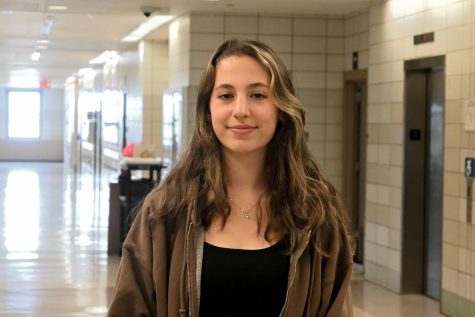
Diana is a senior at Townsend Harris High School. Her favorite subjects in school are English and science, and she enjoys reading, writing, photography,...


